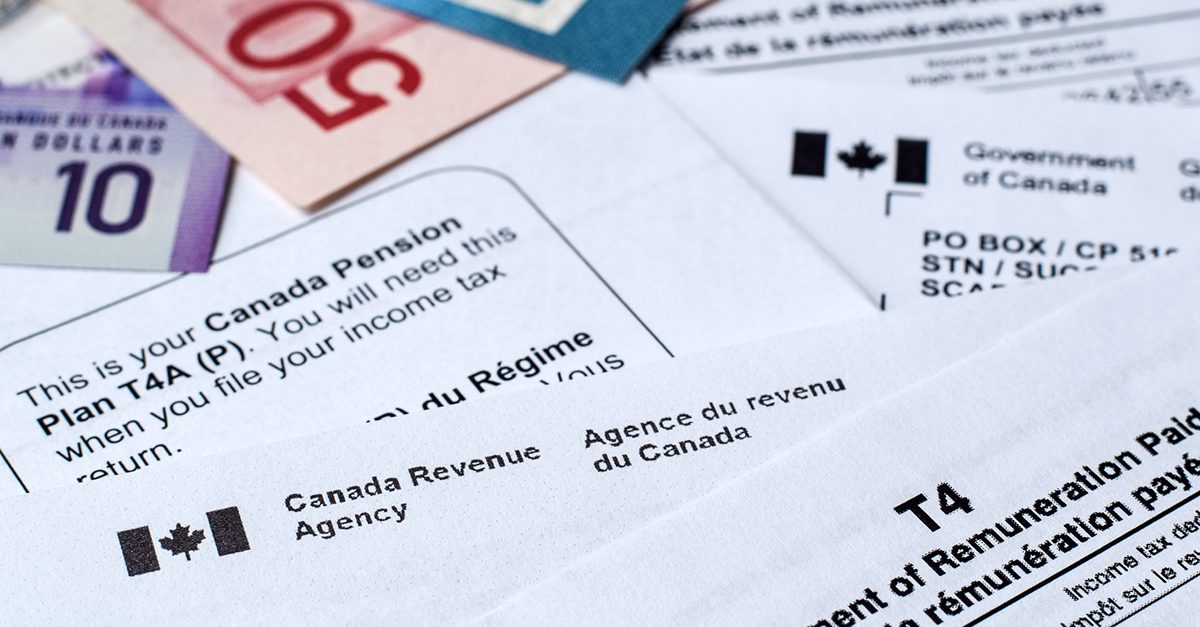
When you file a proposal, you are making a deal with your creditors and one of the benefits to doing this is that you keep all your assets, including, in most cases, your income tax refund. Below, I’ll explain what to expect in terms of filing tax returns, tax obligations and tax debts when you file a consumer proposal in Canada.
Table of Contents
Will I Keep My Tax Refund During a Consumer Proposal?
In most cases, yes. As long as you do not have past owing taxes, you do not lose any tax refunds when you file a consumer proposal. This differs from bankruptcy, where any tax refunds for years up to and including the year of bankruptcy become property of the bankruptcy estate.
However, keep in mind:
- If you have a balance owing to the CRA for tax years before you filed your proposal, CRA’s position is that they keep any refunds on income earned prior to your date of filing a consumer proposal and offset these refunds against any past debts you owe them.
- In most cases, once your proposal is accepted, you keep any refunds earned after the date of filing. The same applies to any tax credits or tax benefits you may be entitled to at the time of filing a consumer proposal.
In summary, CRA will offset any tax refund or tax credits due to you up to the date of filing your proposal against any tax debt including in your consumer proposal. Even though a consumer proposal can last up to five years, this is only done for the year that you file your proposal. Any future tax refunds for income earned after your consumer proposal date are yours to keep.
Who Files Your Tax Returns in a Consumer Proposal?
Unlike a bankruptcy, filing a consumer proposal does not create a “split tax year.” You continue to file one regular tax return for the entire tax year. Here’s the difference:
- In a bankruptcy: The Licensed Insolvency Trustee must file multiple income tax returns (one for the period before bankruptcy and one for after).
- In a consumer proposal: You’re responsible for filing your own tax return as usual. The Trustee does not automatically file for you.
This is one of the biggest appeals of a consumer proposal – it’s much less disruptive when it comes to annual tax filings, refunds and credits.
What Happens to Pre-Proposal Tax Debt?
Any personal income tax you owe up to the date you file your consumer proposal is considered an unsecured debt. That means it can be included in your proposal. The CRA will:
- Review your proposal terms, just like any other creditor.
- Expect you to be caught up on any unfiled tax returns before approving.
- Likely require that you remain compliant with future tax obligations (for example, filing and paying on time).
- The CRA has recently become willing to pro-rate taxes owing up to the date of your proposal for inclusion in your proposal.
If the CRA is the largest creditor, you’ll need to make sure your proposal is attractive enough for them to vote in favour. Usually, as long as you offer a fair repayment plan—better than what they’d receive in a bankruptcy—the CRA will be open to accepting your proposal.
The Benefits of a Consumer Proposal
- Keep Your Assets: You do not surrender your car, house equity, or other property.
- Keep Future Tax Refunds: Unlike in bankruptcy, your ongoing and future tax refunds are not automatically sent to your Trustee.
- Reduced Monthly Payments: You pay only what you can afford, with no interest charges.
- Creditor Protection: Collection calls, wage garnishments, and legal actions are stopped once the proposal is filed.
- Flexible Payment Terms: You can spread out payments for up to five years, or pay it off faster if you’re able.
If you are concerned about the treatment of tax refunds, and need relief from debt, contact us for a free no-obligation consultation to review your options.





